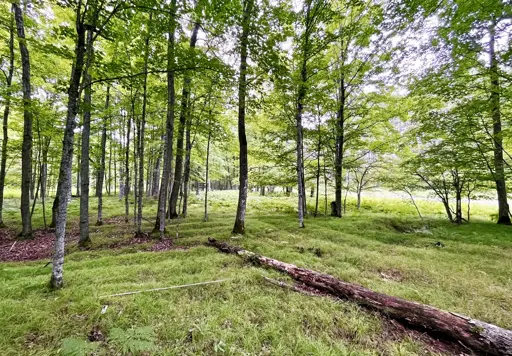cross-posted from: https://hexbear.net/post/5171302
With its cold climate, short growing season, and dense forests, Michigan’s Upper Peninsula is known as a challenging place for farming. But a new Dartmouth-led study provides evidence of intensive farming by ancestral Native Americans at the Sixty Islands archaeological site along the Menominee River, making it the most complete ancient agricultural site in the eastern half of the United States.
The site features a raised ridge field system that dates to around the 10th century to 1600, and much of it is still intact today.
The raised fields are comprised of clustered ridged garden beds that range from 4 to 12 inches in height and were used to grow corn, beans, squash, and other plants by ancestors of the Menominee Indian Tribe of Wisconsin.
The findings are published in Science.
“The scale of this agricultural system by ancestral Menominee communities is 10 times larger than what was previously estimated,” says lead author Madeleine McLeester, an assistant professor of anthropology at Dartmouth. “That forces us to reconsider a number of preconceived ideas we have about agriculture not only in the region, but globally.”



Menominee people were the ones to start this bit of work. From later in the article:
Archaeology like this is still useful, because even in societies that haven’t suffered like Native American ones have stuff just gets lost over time. There’s still loads of digs at sites of similar ages being done in Europe, as an example
You are, of course, absolutely right that the actual descendents should be involved. In this case they are